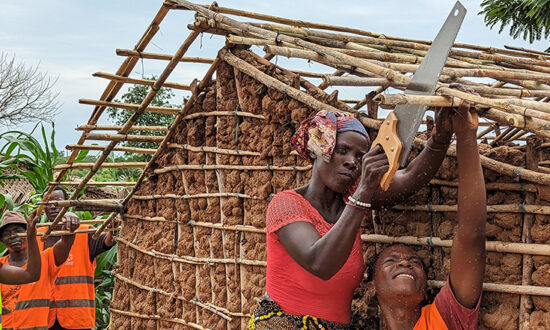
Aid items
Discover more about the aid items that help people rebuild their lives after disaster
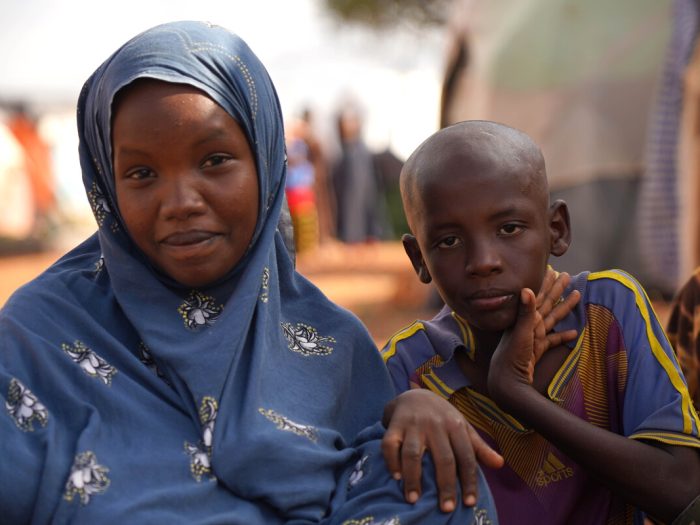
Shelter is the foundation for life – for survival, stability and dignity. It offers a place to feel safe, stay together, stay healthy, earn a living and help children get an education.
We’re global community that believes shelter is a human right, enabling people to take steps towards recovery.
No one without shelter after disaster
We provide shelter, essential items and technical assistance to help some of the world’s most vulnerable people recover and rebuild their homes after disaster. We listen and adapt our support to the needs of each community, working together with those affected by disaster, alongside our supporters and partners.
Our values run through everything we do. They are the principles that guide how we approach our work with the people we support, our volunteers and our staff.
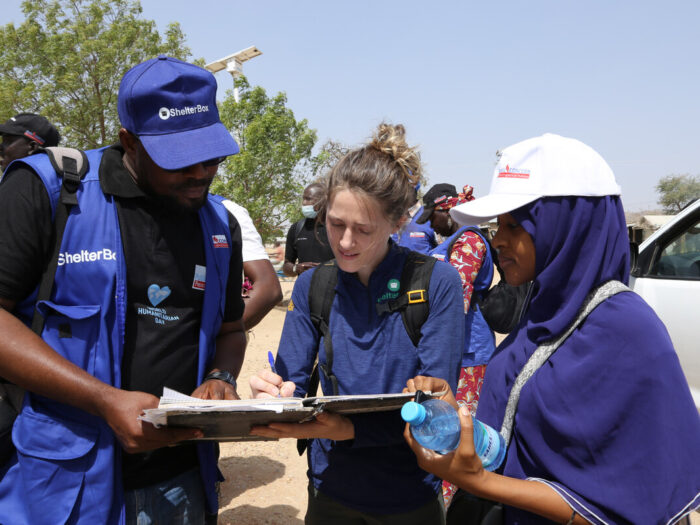

We started over 20 years ago with our iconic green ShelterBoxes. Today, we do much more.
Right now, over 100 million people worldwide have been forced from their homes by disasters, conflict and climate change – and that number is growing every day. So, we have to scale up our response and work in new ways.
We listen. Hearing what people need, creating tailored support to meet complex situations.
We support. Giving emergency shelter and aid essentials. Shelter repair kits, water filters or solar lights. Helping people build, repair or return home.
And we share. Using our expertise to support those affected and champion local partnerships and environmental sustainability.
Disaster, conflict and climate change are forcing more people to flee their homes than ever before. We must act now to change this.
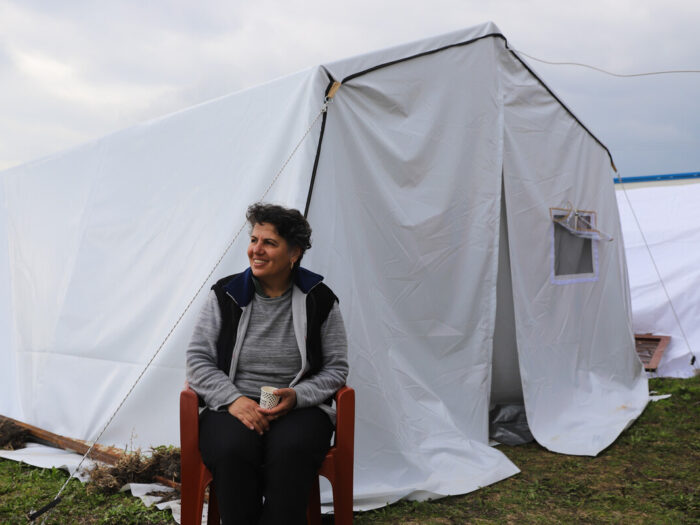

Shelter is the foundation for life.
It is a place to feel safe after days or weeks of fear. It offers protection from the weather, privacy, and helps to preserve dignity. It’s a space to heal from trauma. Shelter and other essential items help people protect themselves from diseases like malaria. And it can prevent communities from scattering, meaning people stay connected and build resilience together.
When you don’t have to keep moving or worry about where to sleep at night, you can think about tomorrow. Items like tents, tarpaulins, tools, blankets, mosquito nets, cooking sets and water filters help to meet the most urgent needs, so you can start to earn a living, send children to school and rebuild your home.
Recovery doesn’t happen overnight, but a dry and warm place to sleep, prepare meals and be with your family is the vital first step.
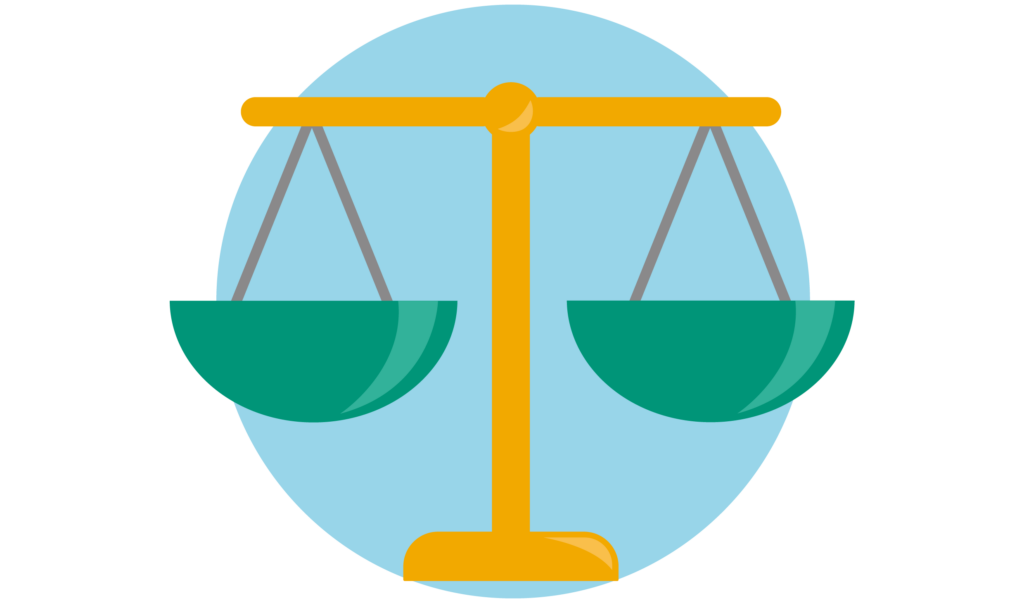
We commit to the highest ethical standards and strive to be honest, straightforward and fair. We hold ourselves accountable for doing the very best we can for those affected by disaster and for each other.
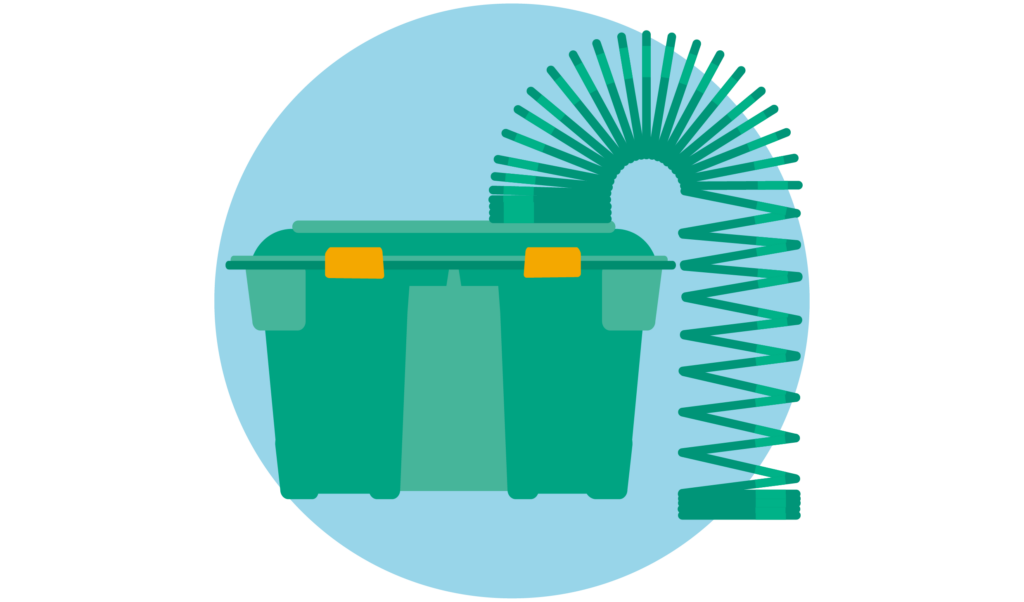
We adapt and overcome challenges to achieve shared goals. We approach our work with an open mind and the willingness to find the right solution.
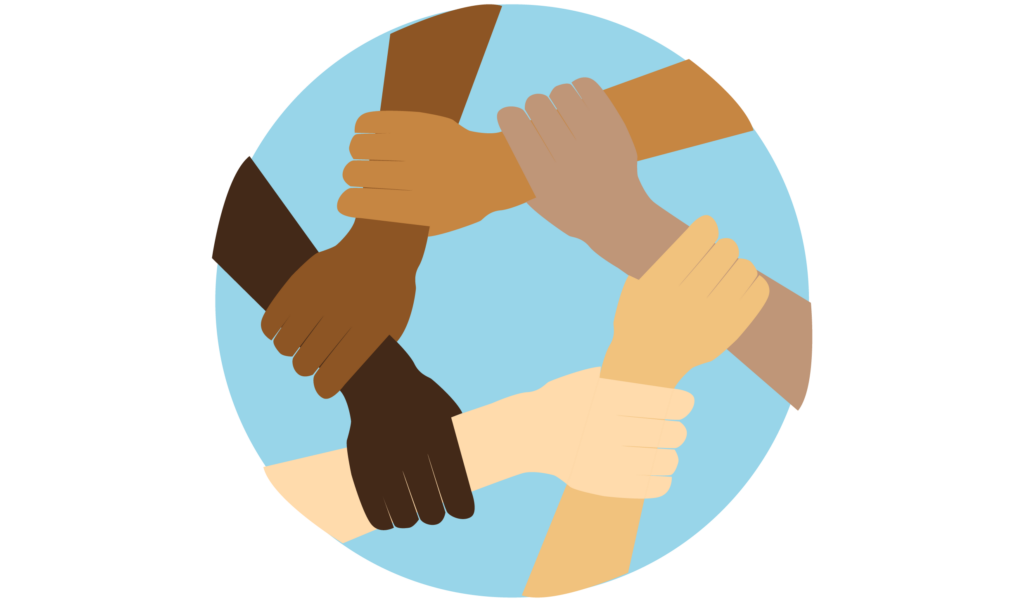
We put people and their needs at the heart of what we do. We work together with people affected by disaster, our volunteers, partners and supporters. We support each other. We are inclusive.
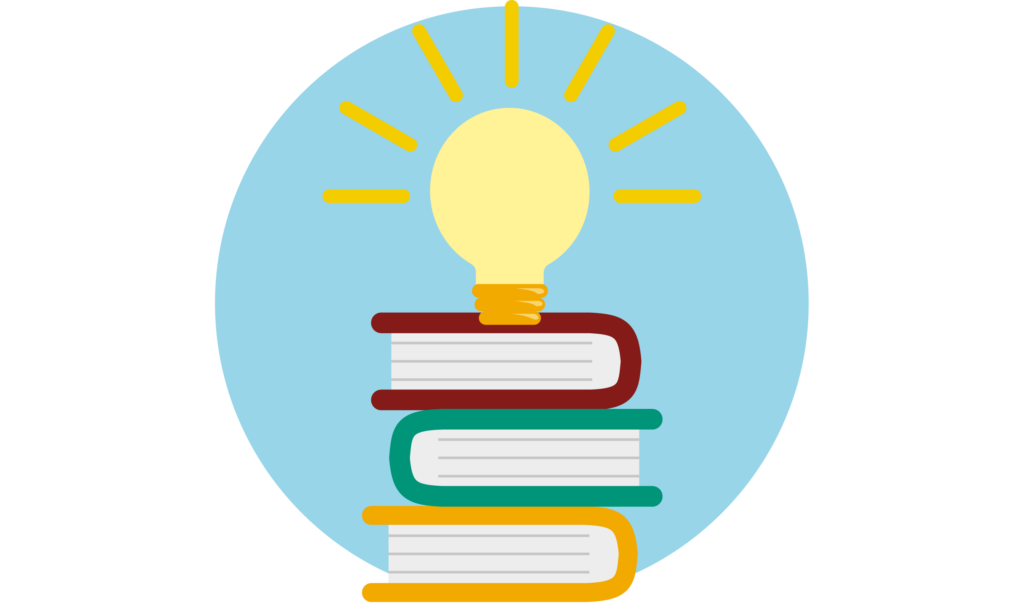
We champion continuous growth and development. We are driven to keep improving and exploring what we could do differently. We ask ourselves how we can be better for the people we serve, our volunteers and supporters, and each other.
Building on the solid foundations of over 20 years experience, our 5-year strategy will see ShelterBox become even more focused on the impact emergency shelter can have for people after disaster and conflict.
Take a look at our commitments for the next 5 years and how we are going to do it.
Discover our strategyWithout you, we wouldn’t be able to help families after disaster. Read our set of standards for how we work and the service you can expect.
Learn moreEverything we do is shaped by the four humanitarian principles of humanity, impartiality, independence and neutrality.
Our work and actions are bound by these principles to ensure that we are able to reach vulnerable people after disaster or in complex emergencies like wars and other conflicts.
They allow us to find and build partnerships and coordinate with other humanitarian organisations ensuring that we can support as many people as possible.
The principles are based on International Humanitarian Law:
Humanity means human suffering must be addressed wherever it is found, with particular attention given to the most vulnerable, to protect life and health, and ensure respect for others.
Neutrality means humanitarian actors must not take sides in a conflict or other dispute.
Impartiality means humanitarian aid must be provided solely on the basis of need and without discrimination. Humanitarians must not make distinctions based on nationality, race, gender, religious belief, class or political opinions.
Independence means autonomy of humanitarian actions from political, economic, military, or other objectives.
All staff and volunteers who travel with us to disaster areas sign our Code of Conduct.
This sets out our ethical and professional standards. This includes commitments to integrity, truthfulness, dedication, and honesty; to observing local and UK laws; and to not abuse power or influence over others.
It includes the principles above as well as the wider principles in the Code of Conduct for The International Red Cross and Red Crescent Movement and NGOs in Disaster Relief.
In all humanitarian activities, our staff and volunteers prioritise safety and dignity, work without discrimination, avoid causing harm or taking sides, and promote meaningful access.
Discover more about the work of ShelterBox, as we provide foundations for life to people left without shelter after disaster and conflict